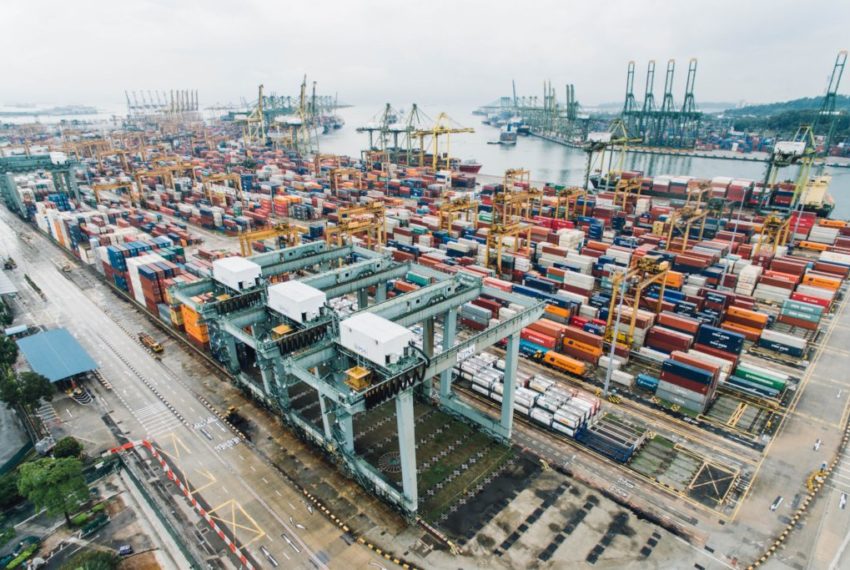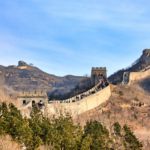
Vietnam, January 14, 2019, Trans-Pacific Partnership (CPTPP:)
Comprehensive and Progressive Agreement for Trans-Pacific Partnership) has officially come into effect. From a customs perspective, there is a notable issue.
目次
Significant tariff elimination
CPTPP member countries have agreed to eliminate tariffs on imports from Vietnam from 97% to 100%. For example, tariffs are applied to 78% of the total amount of imported goods from Vietnam, but we will eliminate the tariffs of 95% of the total amount of imported goods in the future. In particular, fish and shellfish and furniture are completely exempt from tariffs.
Vietnam will also abolish the tariff rate of 66% when the CPTPP comes into effect and raise the tariff rate exempted within 3 years to 86.5%. Meanwhile, tariff quotas on cars, sugar, eggs and salt will be maintained.
Advanced rules of origin
CPTPP has inherited advanced rules of origin and procedures of origin from the Trans-Pacific Partnership (TPP). In particular, the CPTPP's rules of origin promote the integration of production in member countries and promote the formation of a complete supply chain between member countries. In this regard, the percentage of added value generated by the CPTPP member countries will be used to determine the origin of the applicable trade goods. You can build a supply chain more globally.
Simple procedure for ASEAN certificate of origin

For the first time in Vietnam, importers will be able to prove their origin by themselves.
First, in principle, it is only certified by the exporter or manufacturer, after which the certificate of origin is issued by the competent authority of the exporting country. In more advanced procedures, certificates of origin may be issued by the exporter / manufacturer (ASEAN Commodity Trade Agreement).
The CPTPP is a simpler method that allows importers to create a certificate of origin for the goods they import. Therefore, importers of CPTPP member countries that meet certain conditions set by regulatory agencies can prove themselves the origin of the products they are importing.
However, the certificate of origin by the importer does not apply to goods shipped to Vietnam within 5 years after the entry into force of the CPTPP. In a cautious way to prevent forgery of certificates of origin, Vietnamese importers must wait until January 14, 2024 to self-certify the origin of their imports.
Delay in introducing CPTPP
The Vietnamese government entered into force on January 14, 2019, but the Vietnamese government has delayed the promulgation of related legislation for the development of the CPTPP. Resolution 72/2018 / QH14 to approve the CPTPP is expected to be delayed and the procedure for self-certification of certificates of origin is expected to be delayed, which is not a good situation for importers. ..
Currently, the customs schedule based on the CPTPP is applied directly, so if the upper limit of origin is met, you must undergo the appropriate customs treatment agreed on by the CPTPP. The Ministry of Industry and Trade (MOIT) has stated the possibility of implementing a retroactive response in this regard. .. For example, a certificate of origin may be granted to the exporter after the goods have been exported from Vietnam, and the importer may later claim tariff incentives for the goods imported from Vietnam during this period.
Investment in Vietnam is Ho Chi Minh Suzuki Real Estate
We support rental and purchase of condominiums, offices and investment real estate, mainly in Ho Chi Minh, Vietnam.
Our strength is to provide buyers with accurate and accurate information in a timely manner.
This website introduces the latest news articles on real estate, economy, travel, and events related to Vietnam.
Based on my experience as a consultant in Hong Kong, the article also introduces real estate, management, accounting, tax, and labor affairs.
If you like, please take a look.

A real estate agent (with Level 1 bookkeeping qualification) who has been based in Ho Chi Minh City for six years.
Representative of Suzuki Property Vietnam.
To date, we have brokered over 1,000 rental transactions and over 200 sales transactions, primarily with Japanese clients.
We specialize in serviced apartments, condominiums, office brokerage, and real estate contract support for foreigners, and provide support in Japanese, English, and Chinese.


